
Fruit Fly Crisis in Israel: How Mediterranean Pests Are Threatening Farms and Families
Introduction
In June and July 2025, Israel faced a surprising and damaging agricultural threat: a massive invasion of Mediterranean fruit flies. These small yet destructive pests arrived in swarms, carried by warm breezes from Egypt. The result? A major headache for farmers, lost harvests, worried families, and a renewed spotlight on the dangers of pest invasions.
But why are these fruit flies such a big problem, and what does their invasion mean for food security, local economies, and the everyday person?
What Are Mediterranean Fruit Flies?
The Mediterranean fruit fly (Ceratitis capitata), often called “medfly,” is one of the world’s most destructive agricultural pests.
-
Appearance: Small, about the size of a housefly, with yellow and brown markings.
-
Habitat: Native to sub-Saharan Africa, but now present across many parts of the world.
-
Diet: Attacks over 200 types of fruits and vegetables.
How Did the Invasion Happen?
This summer, unusual weather patterns brought warm winds from Egypt directly into central Israel, including the bustling agricultural zones around Tel Aviv. Along with the winds came swarms of Mediterranean fruit flies.
-
Swarms: Flies appeared in large numbers, blanketing orchards and home gardens.
-
Entry Points: Fields growing citrus, figs, guava, peaches, and other soft fruits were hit hardest.
Why Are Fruit Flies So Dangerous?
Fruit flies may seem small, but their impact is enormous:
-
Fruit Damage: Female flies lay eggs inside ripening fruit. When the larvae hatch, they feed on the fruit’s flesh, causing internal rot and decay.
-
Unsellable Produce: Damaged fruits quickly spoil, becoming unsellable in markets and leading to major economic losses.
-
Crop Loss: In severe outbreaks, entire orchards can be wiped out, with devastating effects for farmers.
Impact on Farmers and Families
-
Farmer Losses: Many Israeli farmers reported losing a significant portion of their citrus and stone fruit harvests almost overnight.
-
Rising Prices: Damaged crops mean less supply, which can lead to higher fruit prices in supermarkets for families.
-
Food Security: Large-scale pest invasions threaten the stability of local food supplies.
-
Pesticide Use: To fight the swarms, farmers are forced to spray more pesticides, which can impact the environment and health if not managed carefully.
What’s Being Done to Control the Outbreak?
Israeli authorities and agricultural experts have responded quickly:
-
Monitoring: Special traps are set up to monitor fruit fly populations.
-
Pest Control: Spraying approved pesticides, using bait traps, and introducing biological controls (like sterile insect release programs).
-
Public Awareness: Educating home gardeners and the public about how to spot and report infestations.
Lessons for the Future
This invasion is a stark reminder that:
-
Pest Risks Are Global: Changes in climate and global trade can lead to new pest threats anywhere in the world.
-
Preparedness Is Key: Early detection, monitoring, and community involvement can make a huge difference in controlling pest outbreaks.
-
Supporting Farmers: Governments and communities must work together to support affected farmers and safeguard food security.
How Can You Help?
If you live in an affected area:
-
Inspect Your Fruit: Look for signs of small punctures, soft spots, or larvae in fruit.
-
Report Infestations: Alert local authorities or agricultural extension services if you spot unusual pest activity.
-
Support Local Farmers: Buy from local markets to help farmers recover from crop losses.
Conclusion
The 2025 Mediterranean fruit fly crisis in Israel is a real-time example of how quickly pests can threaten both agriculture and daily life. By staying informed, supporting local producers, and participating in pest control efforts, we can all play a part in building a more resilient food system.

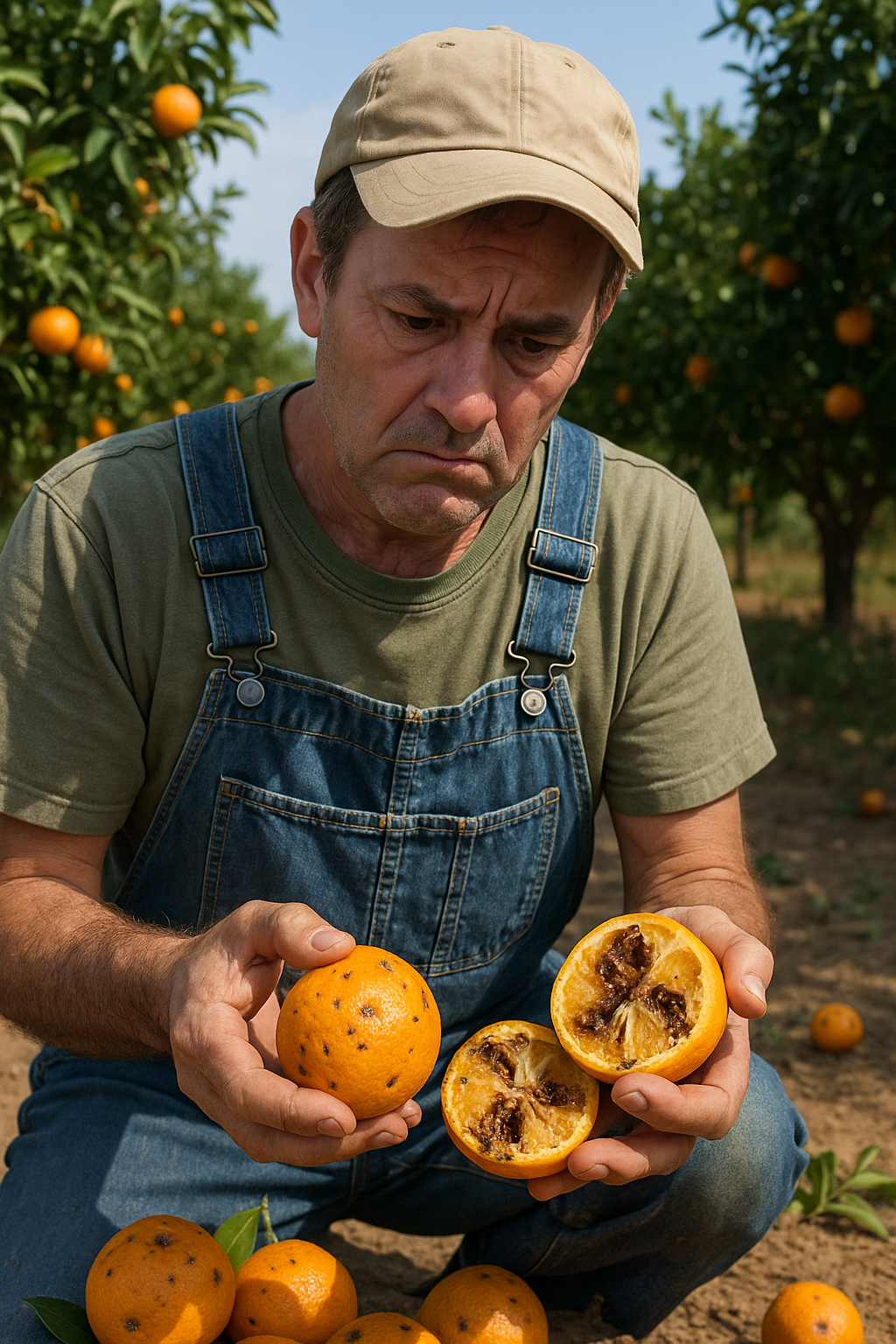
Youtube Video
Invalid YouTube URL provided.













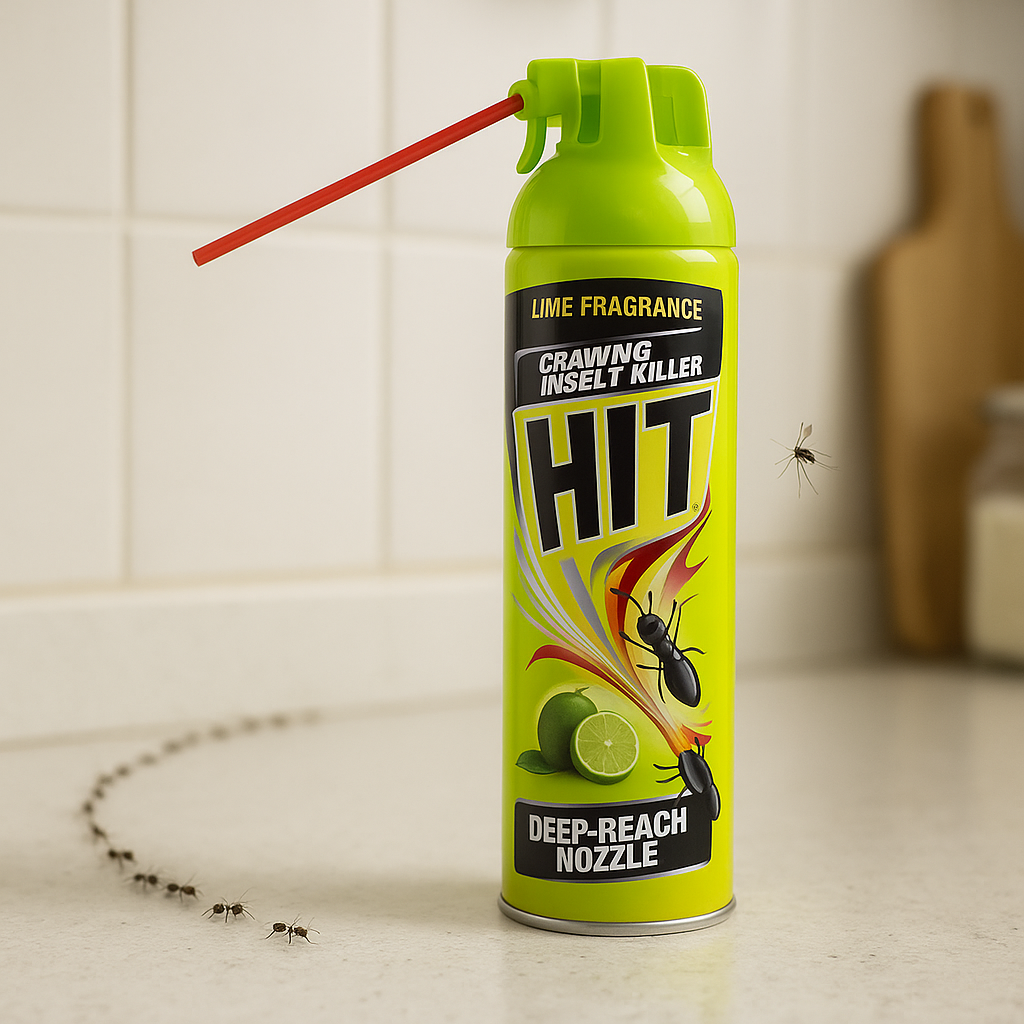


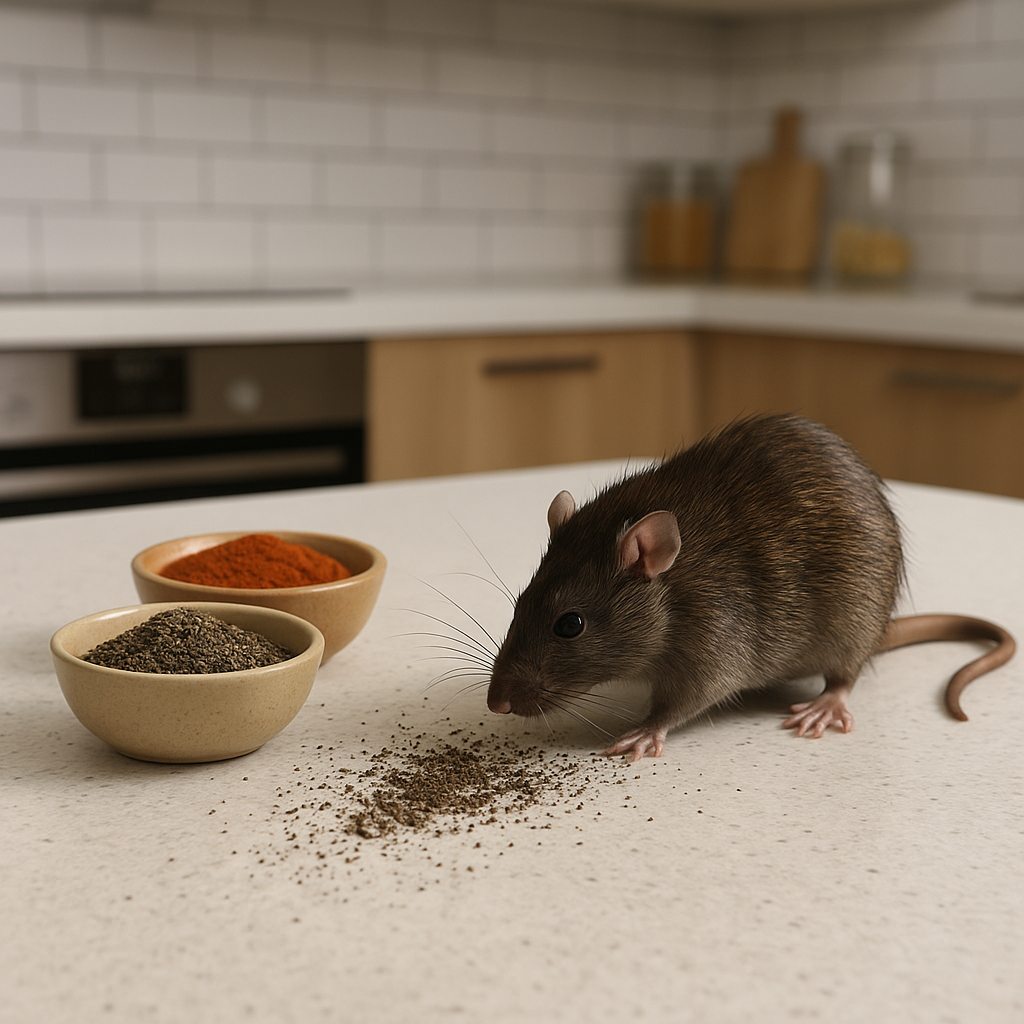

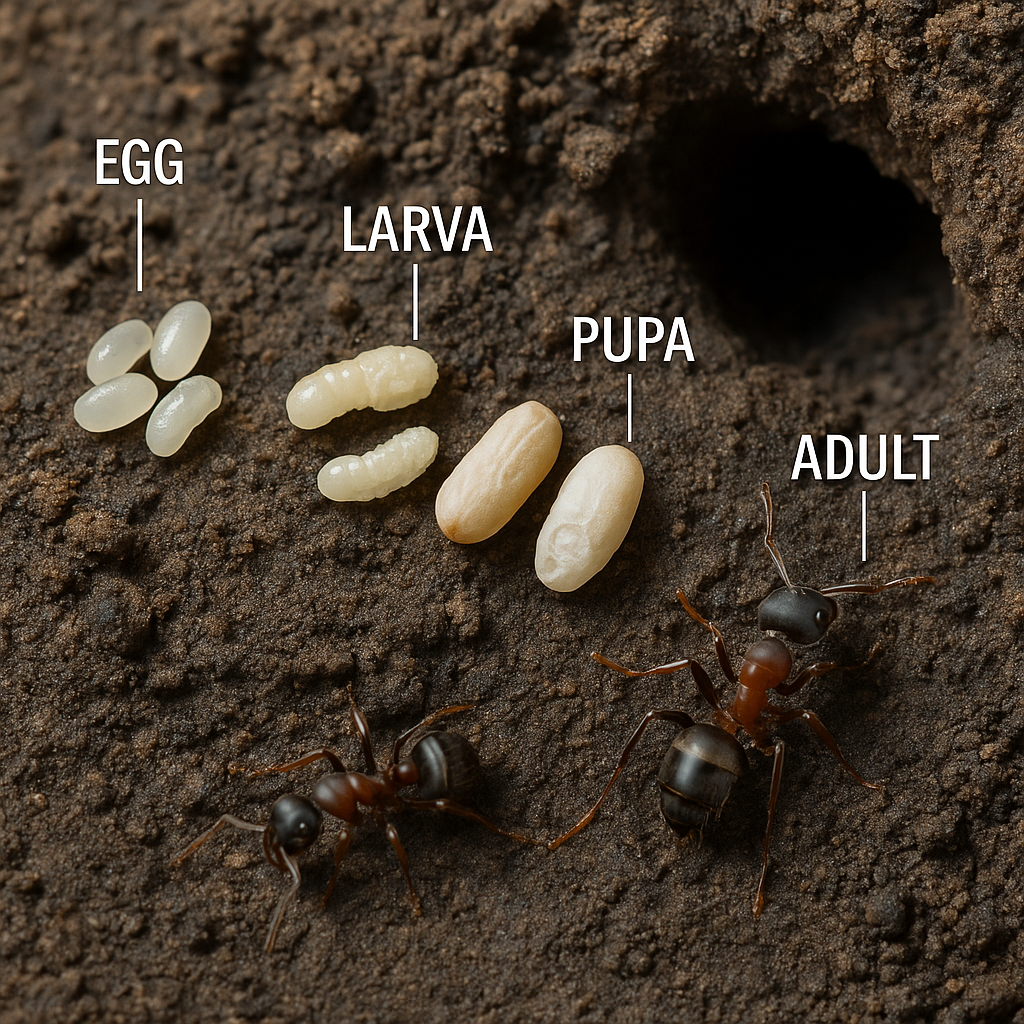
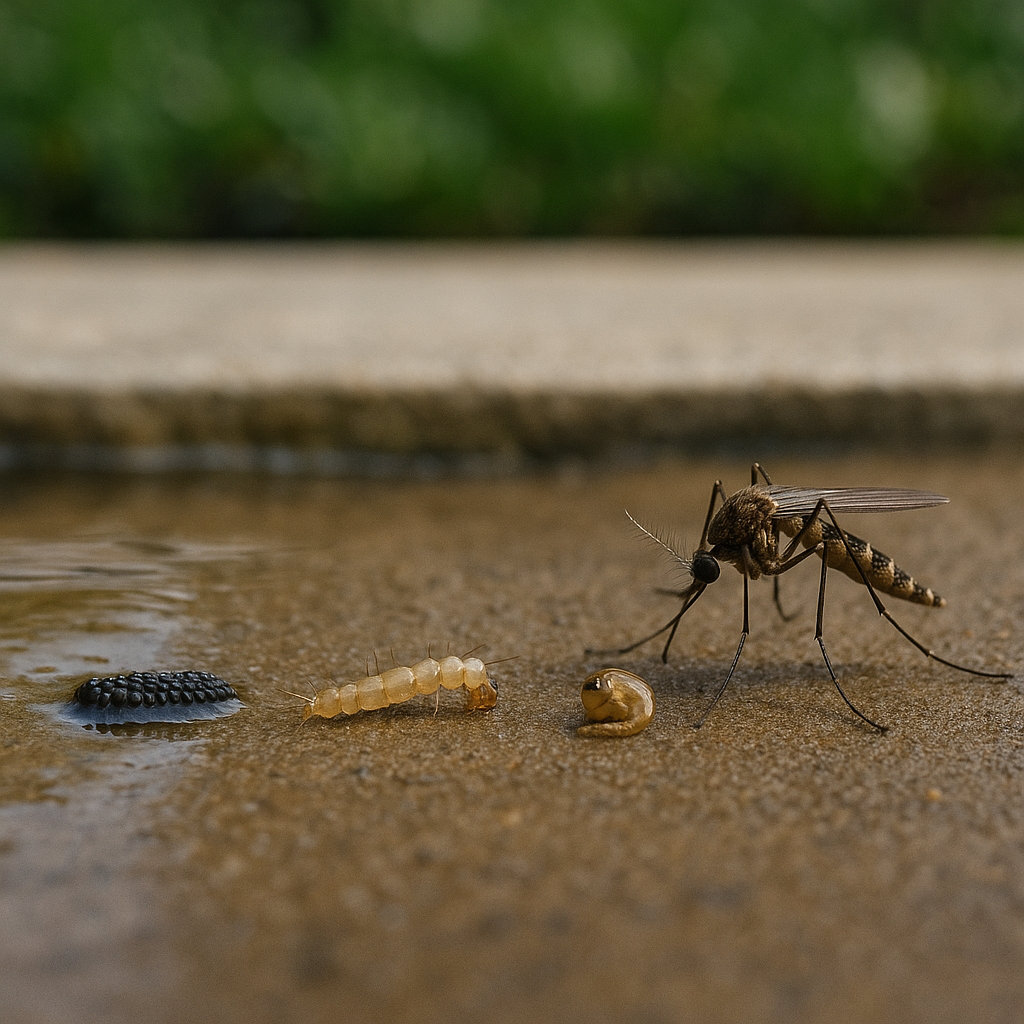

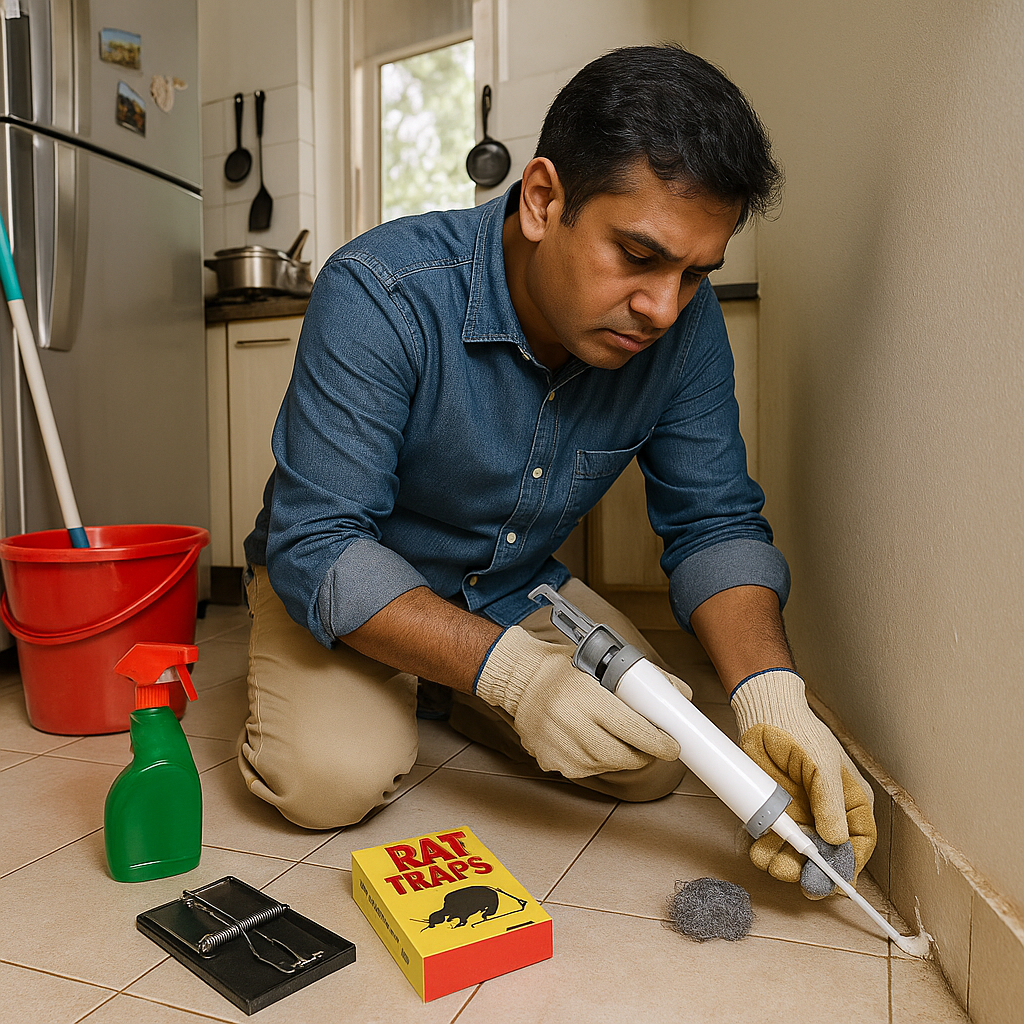

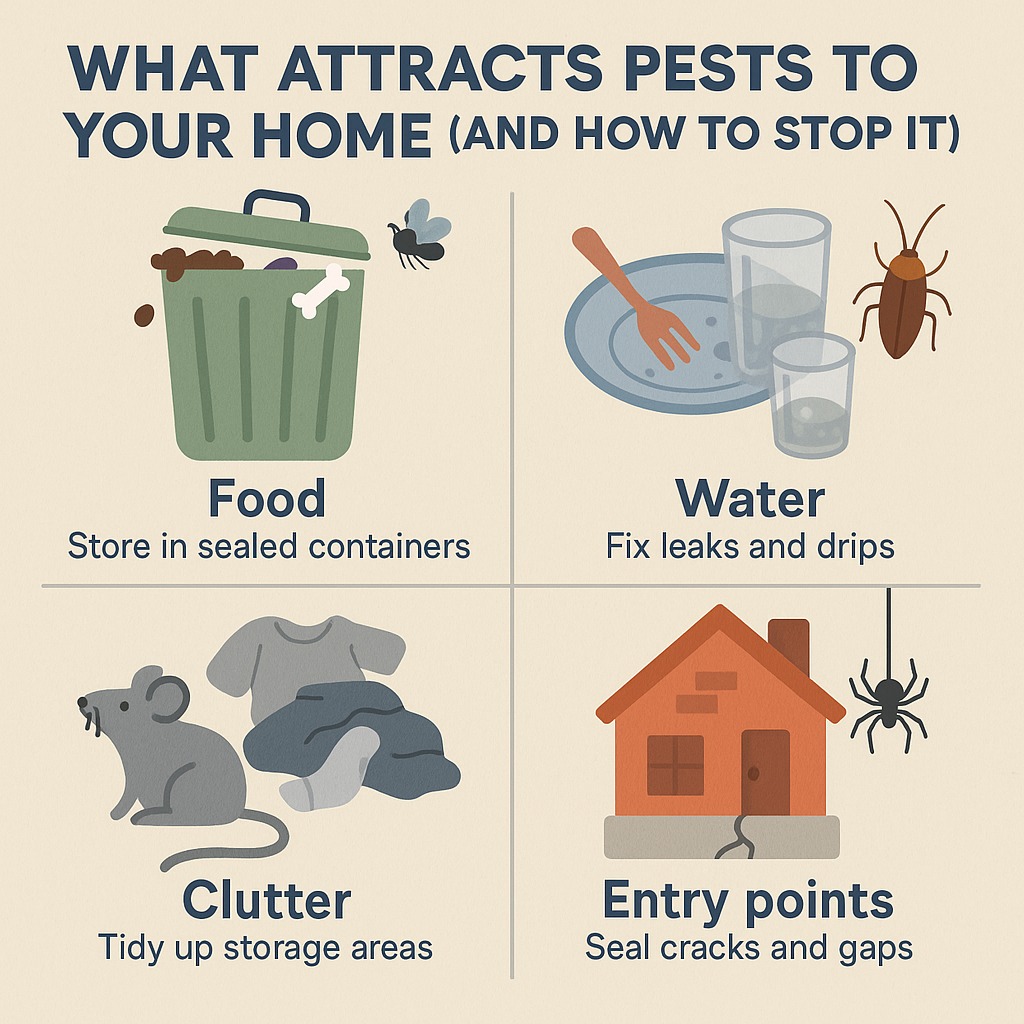


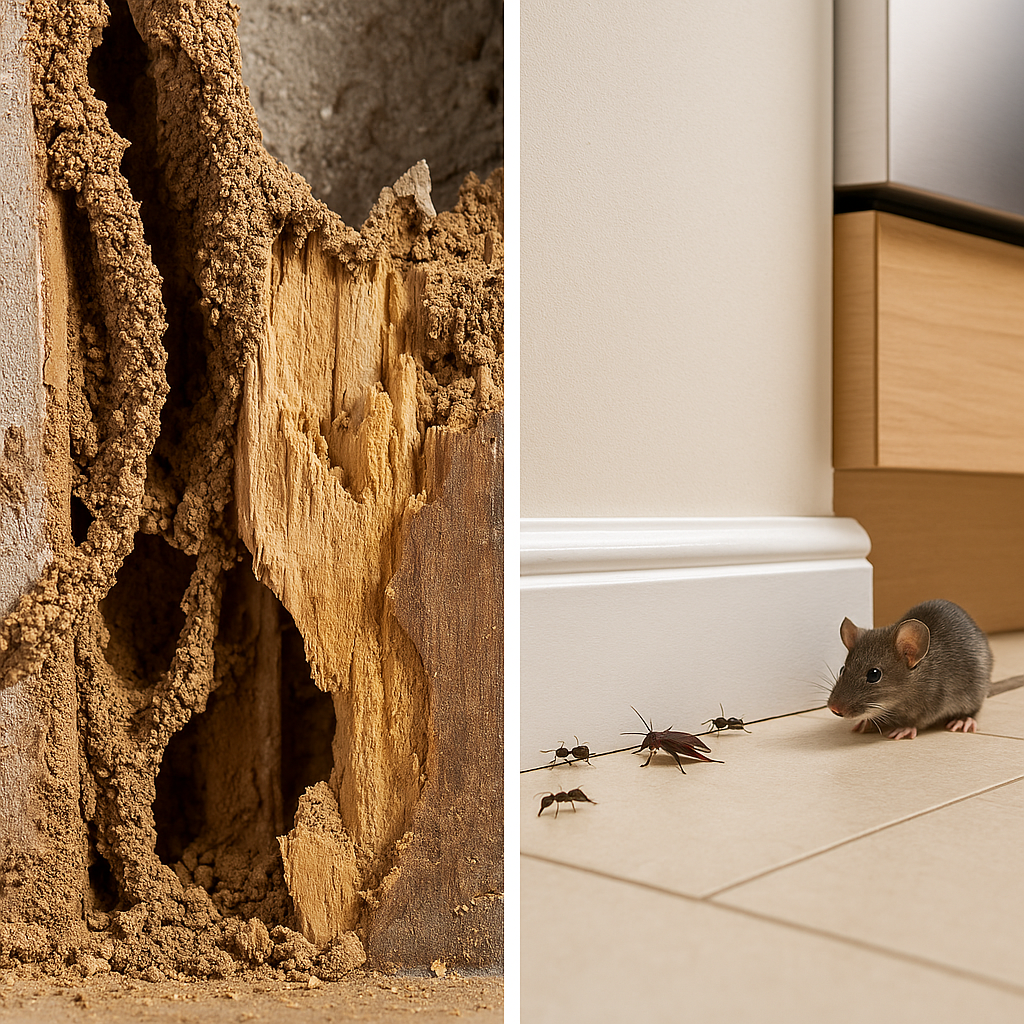
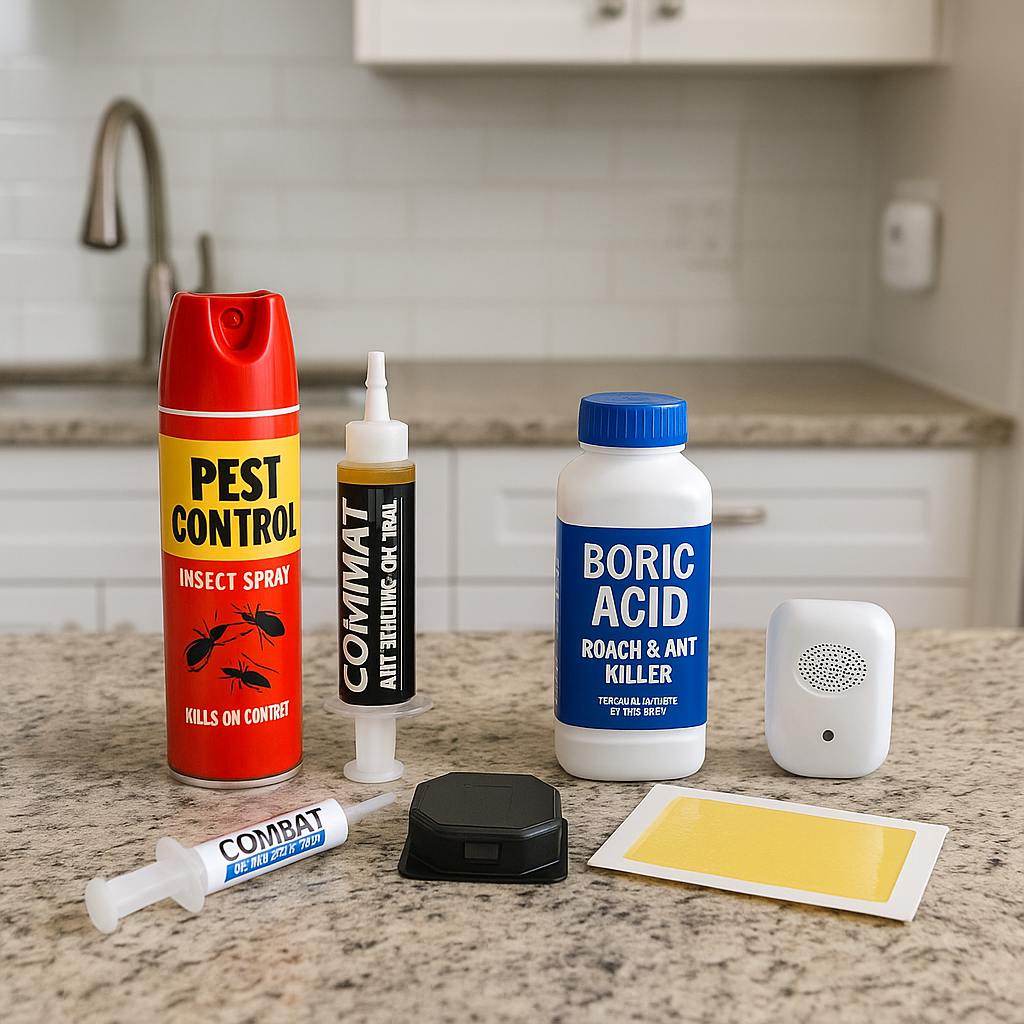









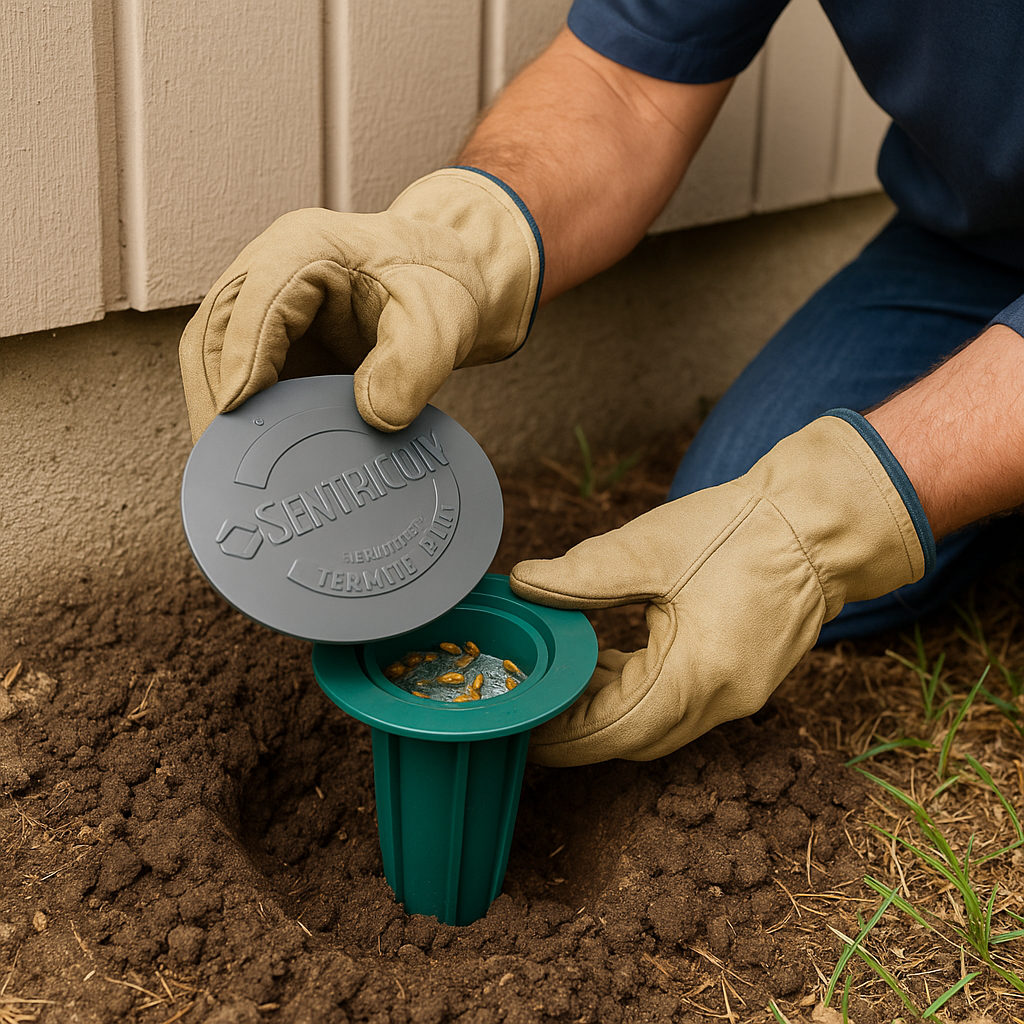












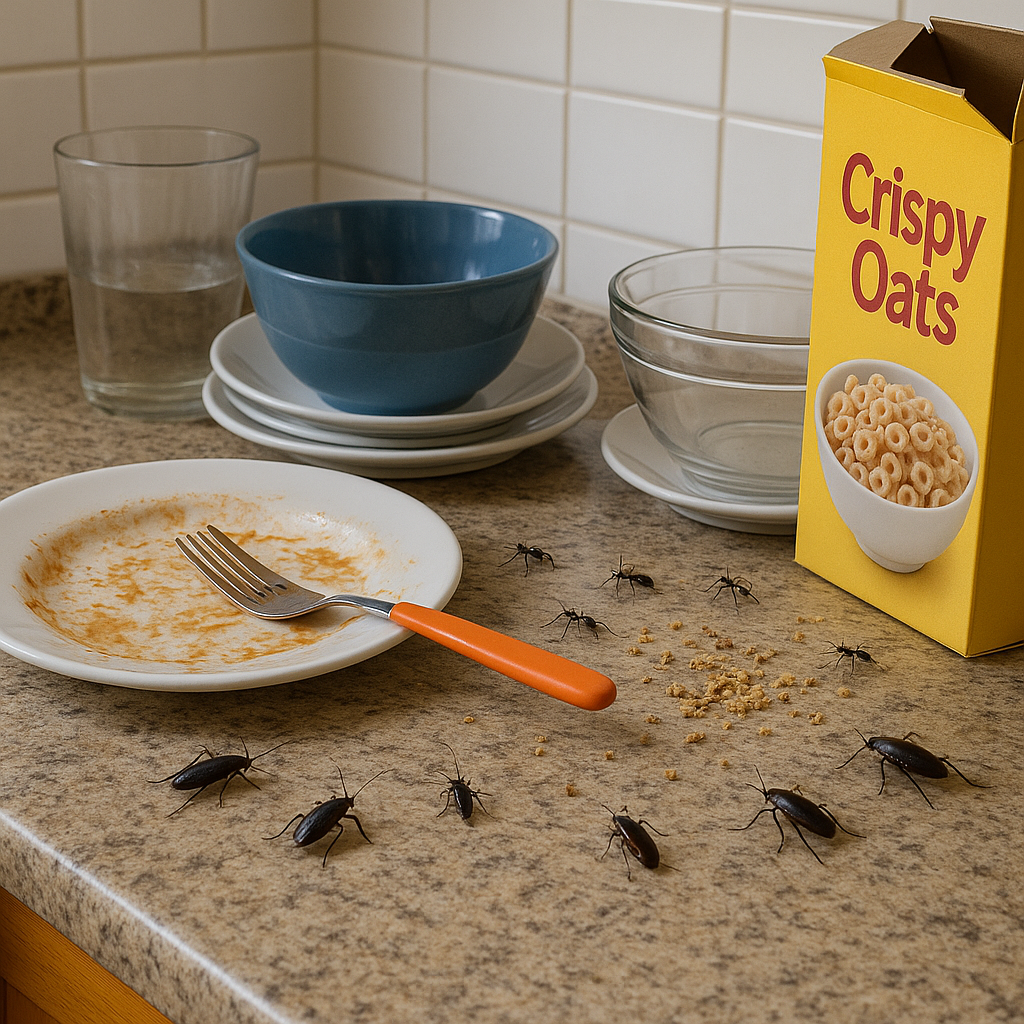





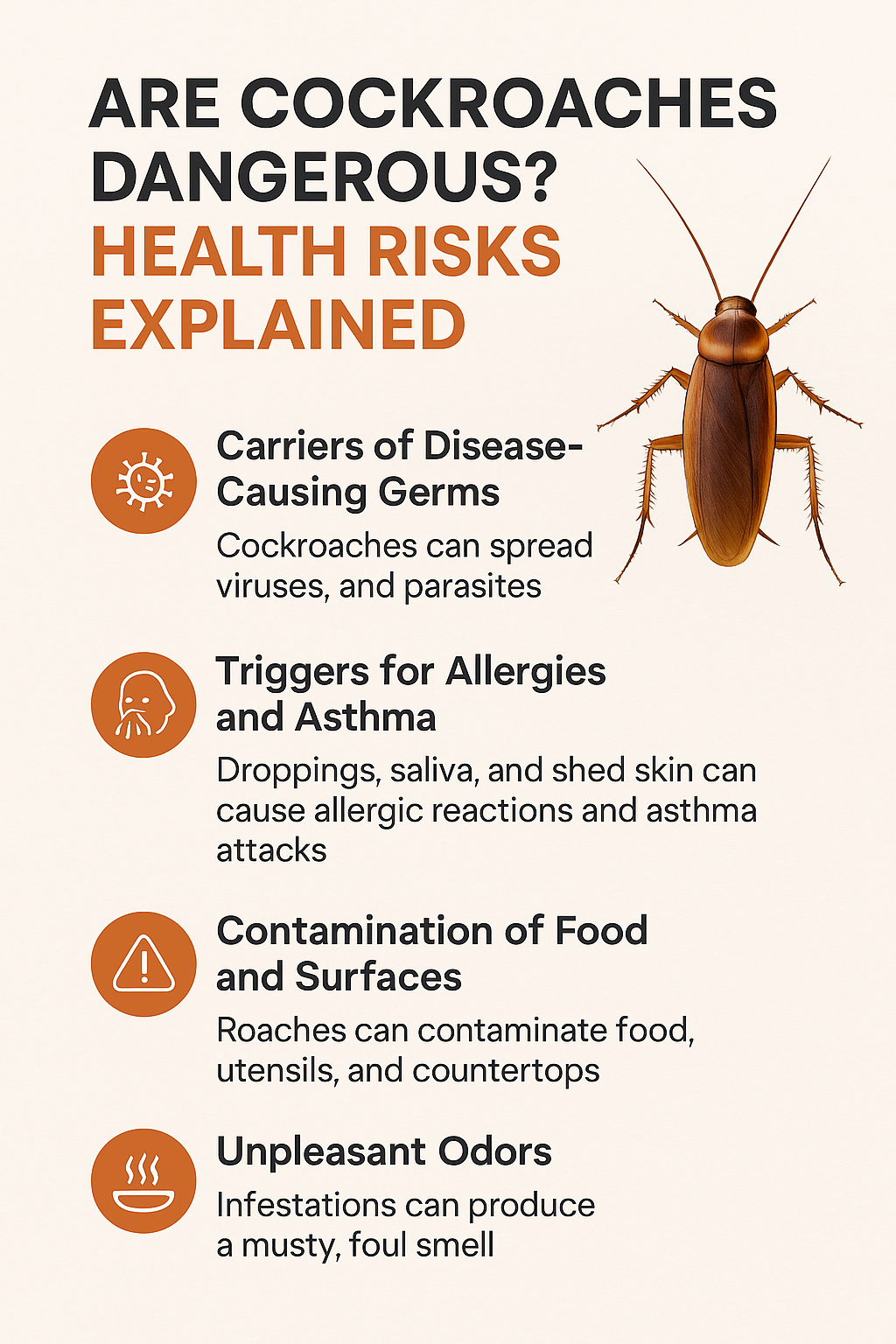

















































(0) Comments